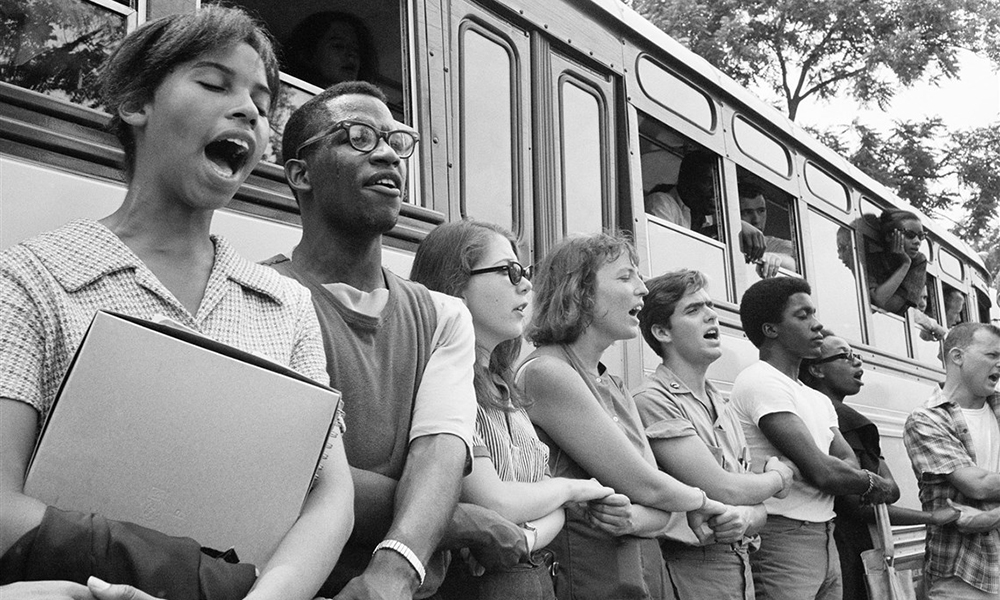
A recent study by researchers at North Carolina State University and the University of Chicago finds that experiencing racial discrimination makes black teens and young adults more likely to engage in social and political activism on issues that are important to black communities.
The findings highlight the importance of four variables: two types of racial discrimination and two aspects of racial identity.
Institutional racial discrimination refers to systemic racism in institutions, such as white students receiving preferential treatment in schools. Cultural racial discrimination refers to the way black people are represented in cultural contexts, such as white criminals being portrayed more sympathetically than black criminals in news media.
The two aspects of racial identity are public regard and nationalism. Public regard refers to how an individual feels the general public regards black people in the United States. Nationalism, in this context, refers to how important an individual feels it is to support and cultivate black cultural institutions.
To explore the role of these variables, researchers conducted a survey of 888 black adolescents and young adults from around the U.S. All study participants were between the ages of 15 and 29.
Study participants were asked a series of questions aimed at gauging their experiences with cultural and institutional racial discrimination, as well as assessing aspects of their racial identity. Participants were also asked about the likelihood of their engaging in a range of activism-related activities specific to the black community.
Some activities, such as signing a petition, were deemed “low risk.” Some activities, such as participating in a protest where one may be arrested, were deemed “high risk.”
“We found that cultural and institutional racial discrimination both increased the likelihood of future activism for black community issues, but in very different ways,” says Elan Hope, an assistant professor of psychology at NC State and first author of a paper describing the work.
“For example, the more types of cultural racial discrimination an individual reported, the more willing the individual was to engage in low-risk forms of black community activism. But cultural discrimination had no effect on high-risk activism.”
The impact of institutional discrimination was more complicated. Individuals reporting more types of institutional discrimination experiences were more willing to engage in high-risk forms of activism. But there was a caveat related to public regard: the effect didn’t apply to study participants who felt the public viewed black Americans favorably. In other words, those participants who reported positive public regard were not more open to high-risk activism on black issues, regardless of their experiences with institutional discrimination.
“In addition, the more experiences people reported with institutional discrimination, the less willing they were to engage in low-risk activism,” Hope says. “It’s not clear what drives this effect, but it may be due to a lack of trust in the institutional systems that low-risk activism largely relies upon. For example, why sign a petition if the system will ignore it?
“The bottom line is that the U.S. is deeply polarized politically and socially,” Hope says. “It is important for young people to be engaged and to have the agency to speak on their own behalf. We also know that discrimination has very real adverse effects on the health and well-being of those who experience discrimination. Studies like this one can inform efforts aimed at providing young people with the resources they need to channel their energy and work toward a more just society.”
The paper, “Engaged Against the Machine: Institutional and Cultural Racial Discrimination and Racial Identity as Predictors of Activism Orientation among Black Youth,” is published in the American Journal of Community Psychology. The paper was co-authored by Kristen Riddick and Kristen Pender, both Ph.D. students at NC State; and Resney Gugwor, a Ph.D. student at the University of Chicago.


